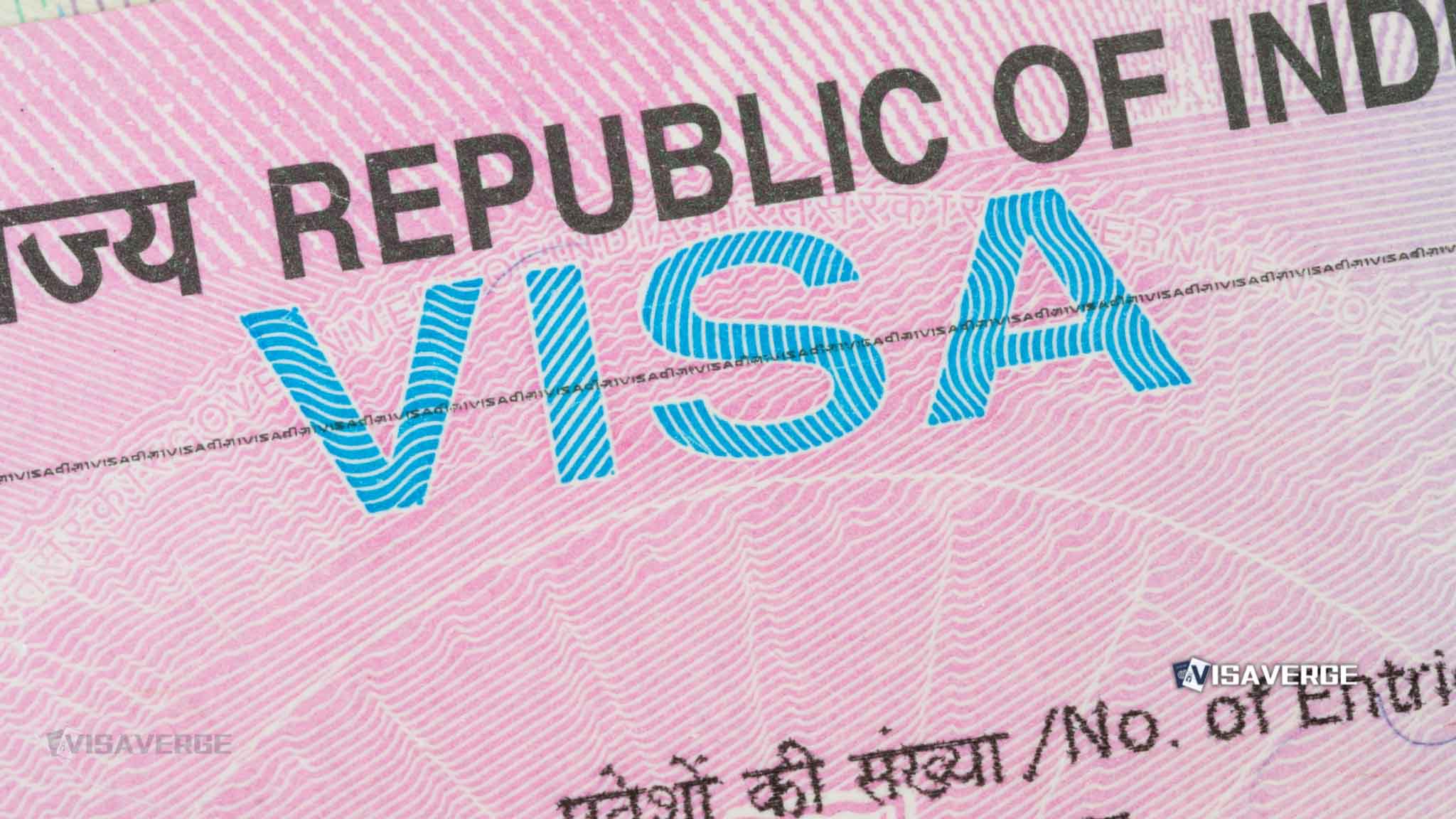Key Takeaways
• Pamela Albright canceled surgery after being asked about citizenship status at Temple University Hospital in April 2025.
• The citizenship question appeared due to an electronic medical-records system update, later removed by the hospital.
• Texas laws require hospitals to ask citizenship status but do not deny care based on responses.
Pamela Albright, a retired nurse aged 72, found herself in a situation she never expected when she checked in for a planned surgery at Temple University Hospital in Philadelphia. During what should have been a standard pre-surgery appointment on April 29, 2025, Albright was asked about her citizenship status. This experience led her to make a decision that has sparked important questions about patient treatment and privacy in hospitals, especially during times of strict immigration law enforcement in the United States 🇺🇸.
What Happened at Temple University Hospital

During the hospital registration process, Pamela Albright sat across from a registration worker, ready to answer what she thought would be routine questions. But this changed when the worker looked up and asked, “Are you a U.S. citizen?” Albright, who was born in Wisconsin, automatically replied “yes” but quickly changed her mind, telling the worker she would rather not answer the question.
This question surprised her. As a U.S. citizen, her own legal status was not at risk, but the event made her think about others who might not be as comfortable with this type of question. Albright told reporters she was troubled by what it might mean for people who do not have official documents, especially those who might fear information being shared with immigration authorities. Speaking about her experience, she said, “If it happened to me, how many people has it happened to? Are they still doing it?” and called the event “a very serious breach.”
After much thought, Pamela Albright canceled her planned surgery at Temple University Hospital. She is now looking for a different hospital for her medical care. For Albright, the issue was not only personal but also larger, touching on the rights and safety of all patients, regardless of their background or citizenship status.
Hospital Response and Actions
After the event, Temple University Hospital responded. Jeremy Walter, the hospital’s director of media relations, said the citizenship question should not have been asked and belonged to a set of questions that “are not part of Temple’s usual registration protocol.” Walter explained the question appeared because of a recent update to the hospital’s electronic medical-records system. The update made questions about citizenship status show up automatically at all hospitals using the same system.
Temple University Hospital made it clear that these questions have now been removed from their forms. Walter assured the public that a person’s citizenship status does not affect whether they can get care at Temple. After learning about the mistake, a senior leader from the hospital reached out to apologize and explain the situation to the patient.
Pamela Albright’s experience at Temple Hospital brought attention to a system error, but for many, it highlighted a bigger issue—questions about trust, privacy, and fairness in medical care.
The Wider Issue: Immigration Law and Patient Care
Pamela Albright’s decision to cancel her surgery because of a citizenship status question did not happen in isolation. Her story unfolded at a time when the United States 🇺🇸 is seeing higher immigration enforcement policies. President Trump’s administration has promised big changes, including what it called the biggest deportation campaign in the country’s history. In such a climate, questions about citizenship status in hospitals and other places have become much more sensitive.
According to VisaVerge.com, events like this can have widespread effects. It is not just about one hospital or one patient. When patients are asked about their citizenship status, some may worry that giving an answer could risk their safety or lead to unwanted contact with immigration authorities. This fear can stop people from getting the care they need, especially undocumented immigrants or those unsure of their status.
Health experts and immigration advocates warn that these fears could have real consequences. Not seeking care can sometimes mean putting off important medical visits or avoiding hospitals and clinics completely. This can lead to more serious health problems and put extra stress on emergency rooms, which by law must treat all patients. For patients, it can mean unnecessary suffering or even dangerous outcomes.
Policies in Other Places
While Pamela Albright’s experience with Temple University Hospital was described as a mistake, there are places where asking about citizenship status in hospitals is actually required by law. Texas recently introduced a policy demanding that all hospitals taking part in Medicaid and the Children’s Health Insurance Program (CHIP) ask patients about their citizenship status. They must also keep track of how much money is spent on the care of undocumented immigrants.
In Texas, even though hospitals must ask about citizenship status, patients are not forced to answer these questions to receive care. Hospitals in Texas must also tell patients that whether or not they answer will not affect their treatment. This policy covers many people, from pregnant women to children who might need care, but does not prevent anyone from being seen by a doctor.
This kind of policy shows how the United States 🇺🇸 is divided on the question of citizenship status in healthcare. Some states are strict, while others focus on privacy and access. This uneven approach can be confusing for patients, medical workers, and hospitals, all of whom want to make sure people get care in a safe, respectful way.
If you want to read more about how hospitals gather information from patients and what rules protect you, the official U.S. Department of Health and Human Services website has helpful information you can use.
Why Citizenship Status Questions Matter
The story of Pamela Albright at Temple University Hospital echoes fears seen across many communities, especially among immigrants. The question “Are you a U.S. citizen?” may seem simple, but it carries many meanings. For someone who is nervous about their status or unsure about their legal position, being asked about citizenship can feel threatening. Even though U.S. law says emergency rooms must treat all patients, many worry that their answers could end up in the wrong hands.
While Temple University Hospital says it does not use citizenship status to decide who gets care, the mistake with Albright raises a larger worry: Who sees the information collected? How is it protected? Could it ever be given to immigration authorities, even by accident? These concerns are not just about paperwork—they go to the heart of trust between patients and hospitals.
Hospitals and clinics rely on trust to work well. If patients feel that their background or citizenship status could be used against them, they might not come forward, even when they are sick. This puts not just their health, but the health of the whole community, at risk.
Patient Profiling and Its Risks
Pamela Albright’s case reflects bigger worries about patient profiling. Profiling happens when someone is treated differently because of how they look, where they are from, or what someone thinks about their background. In healthcare, profiling can mean staff make assumptions about a patient because of their language, skin color, or even insurance status.
Profiling can lead to patients not getting the care they need or not being treated with respect. It also builds fear, which can drive patients away from seeking help. For hospitals, this can mean losing the trust of the very community they are meant to serve.
Events like the one at Temple University Hospital remind us how important it is for hospitals to train staff, double-check policies, and always put patient safety and privacy first.
What Are Hospitals Doing to Protect Patients?
After the mistake with Pamela Albright, Temple University Hospital quickly changed its forms and retrained staff, according to its leaders. Other hospitals and clinics across the United States 🇺🇸 are also looking carefully at how they gather patient information, making sure updates to computer systems do not break privacy standards.
Many hospitals work with outside companies to keep electronic health records. If an update adds new questions that do not fit local rules, problems can happen before anyone notices. Hospital managers are now more aware of checking updates and making sure only the questions that should be asked actually appear.
Regular training for all workers, from doctors to registration staff, can help keep everyone on the same page. It can also help staff feel more comfortable handling sensitive situations if a patient does not want to give out personal details.
Community Concerns and Responses
People in the Philadelphia area have paid close attention to Pamela Albright’s experience. Some believe that questions about citizenship status have no place in healthcare. Others argue that states and the federal government should know how much it costs to care for people without insurance or legal documents. But these debates do not change the fact that patients want—and need—to feel safe when they go to the doctor.
Local advocacy groups have asked hospitals to be open and honest about what information they collect, how it will be used, and who can see it. Many want written promises that a patient’s citizenship status will never be shared with immigration authorities unless required by law. Others want public meetings where hospitals can answer questions from the people they serve.
Looking Forward: Patient Rights Under the Law
Under U.S. law, hospitals must treat anyone who comes to the emergency room, no matter their background, insurance, or citizenship status. This law, called the Emergency Medical Treatment and Labor Act (EMTALA), was signed in 1986 and is a key part of healthcare in the United States 🇺🇸.
Even with this law, the reality is that many people still feel unsafe when dealing with the healthcare system. Mistakes, like the one at Temple University Hospital, do not help this fear. That’s why hospitals are being urged to review their intake and data collection processes to make sure they protect patient information and do not scare away those most in need.
Patients always have the right to refuse to answer questions they are not comfortable with. This includes questions about citizenship status, unless there is a clear legal reason for asking.
Key Takeaways from Pamela Albright’s Experience
- Pamela Albright, a retired nurse, canceled her surgery at Temple University Hospital after being asked about her citizenship status during pre-surgery registration.
- The hospital said the question was not part of its usual process and blamed a system update.
- The event raised worries about the treatment of undocumented immigrants and the possible impact of such questions on patient trust.
- Hospital leaders contacted Albright to explain and apologize, and citizenship questions have since been removed from the intake process.
- Other places, like Texas, have different laws about asking citizenship status in hospitals, but care cannot be denied based on how someone answers.
- Local advocacy groups are pushing for more openness and stronger privacy rules in hospitals.
Pamela Albright’s story is a reminder that questions about citizenship status can have real effects on people’s health choices, even for those with clear legal status. Hospitals must be careful about the questions they ask, the way they train staff, and the trust they build with every patient. By focusing on respect, privacy, and access, hospitals can make sure that everyone, no matter their background, feels safe getting the care they need.
Learn Today
Citizenship Status → Legal classification indicating whether a person is a recognized citizen of a country, crucial for certain services.
Electronic Medical Records → Digital versions of patients’ health information used by hospitals for efficient healthcare management.
Immigration Enforcement → Government actions to uphold immigration laws, including identifying and detaining undocumented individuals.
Patient Profiling → Treating patients differently based on assumptions about background, race, or immigration status, risking unfair care.
Emergency Medical Treatment and Labor Act → A 1986 US law requiring hospitals to provide emergency care regardless of citizenship or insurance status.
This Article in a Nutshell
Pamela Albright’s pre-surgery check faced a citizenship question that triggered privacy concerns and surgery cancellation. Temple Hospital blamed system error and removed the question, highlighting tensions between immigration enforcement and healthcare privacy in the US.
— By VisaVerge.com
Read more:
• Josephine Maurice jailed for UK citizenship test impersonation scheme
• Ana Navarro urges Donald Trump to take Citizenship Test on The View
• Oklahoma schools likely to drop citizenship documents rule after opposition
• Kasper William Eriksen detained by ICE in Mississippi after citizenship interview
• Stephen Colbert mocks DHS Citizenship Reality Show pitch by Rob Worsoff








